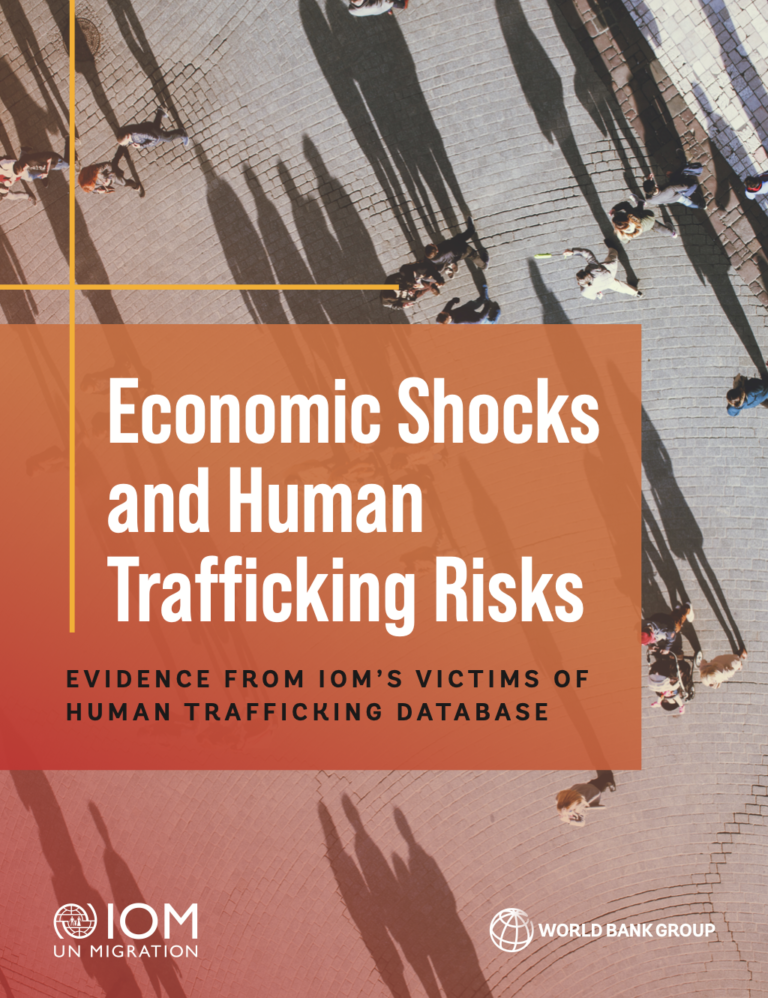Every year, millions of people worldwide are trafficked, which has a profound impact on development and vulnerable populations. Human trafficking violates the fundamental principles of human rights that are linked to a range of core development issues, including poverty and vulnerability, gender and racial inequality, and gender-based violence. The Sustainable Development Goals include a target to end modern slavery and human trafficking by the year 2030. Governments are increasingly concerned about human trafficking but understand relatively little about who is in volved, how it operates, and what enables or constrains it. The illegal—and thus less visible— nature of the practice makes it difficult to investigate. One of the main reasons for the gap in knowledge is the lack of micro-level data on human trafficking. These knowledge gaps make it harder for governments in origin and destination countries to adopt effective policies to reduce human trafficking. They also limit the ability of international organizations, non-governmental organizations, and donors to help governments mitigate the risks of human trafficking.
The World Bank and the International Organization for Migration (IOM) place importance on advancing an understanding of the drivers of human trafficking (Box E.1). To begin addressing some knowledge gaps, this joint report analyzes a unique micro-level trafficked victims’ database compiled and updated by the International Organization for Migration (IOM) to answer two key analytical questions. First, do economic shocks increase the number of detected human trafficking cases from and within countries of origin? Second, can good institutions—ones that can enable adherence to the rule of law and the provision of access to justice or anti-trafficking policies in particular—and social assistance moderate the possible negative effects of economic shocks on trafficking cases in origin countries?

